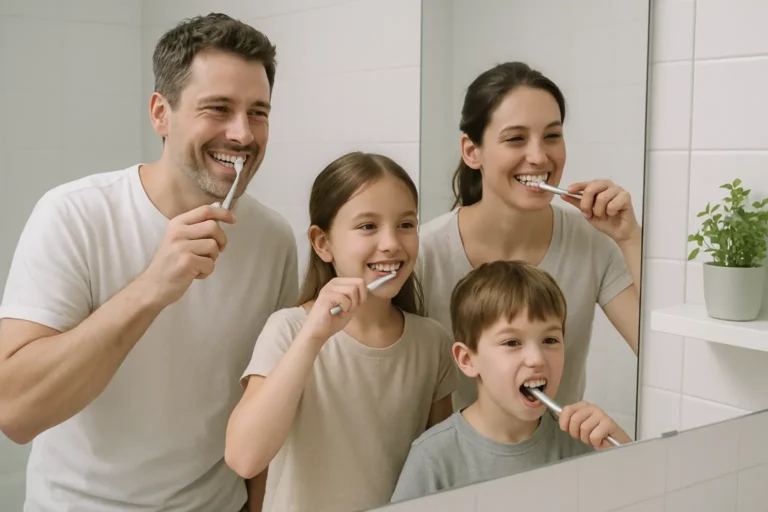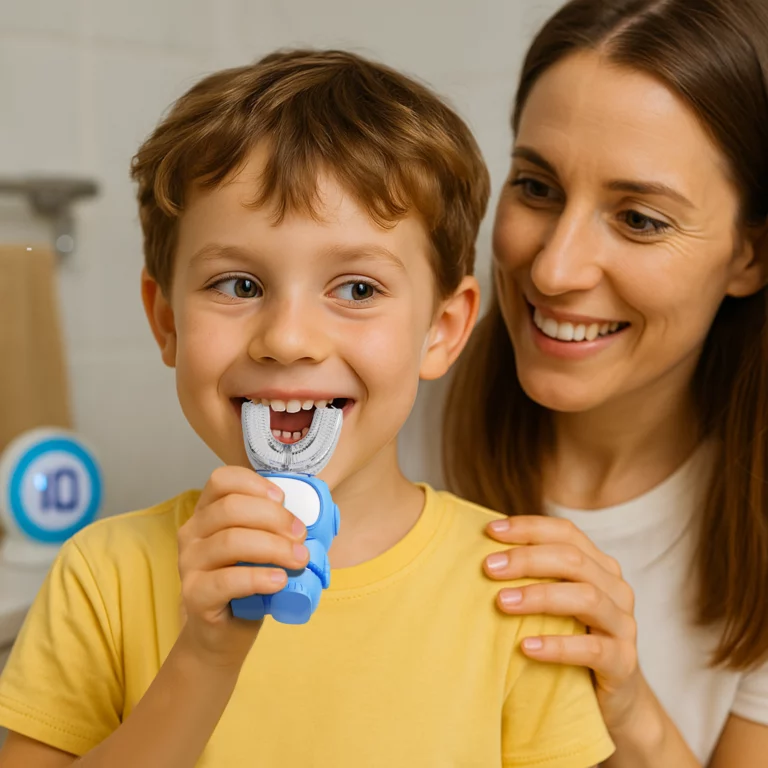Soda may be a popular beverage, but it’s not doing your teeth any favors. Dentist warns against soda because it plays a major role in weakening enamel, increasing acid exposure, and fueling cavity-causing bacteria. While an occasional sip might seem harmless, regular consumption can lead to long-term oral health problems. In this article, we’ll break down exactly how soda affects your teeth—and what you or your customers can do to reduce the damage.
1. What Is a Cavity?
A cavity is a hole in your tooth that forms when bacteria and acids eat away at your enamel—the hard, protective layer on the outside of your teeth. When we eat or drink sugary items like soda, the bacteria in our mouths produce acid that attacks this enamel. If this happens often enough, it leads to decay, and that’s how cavities begin.

2. How Soda Damages Tooth Enamel
Soda is a double trouble drink. It’s full of sugar, and it’s also very acidic. The sugar feeds harmful bacteria, and the acid wears down your enamel directly. Even “sugar-free” or diet sodas are acidic enough to weaken your teeth over time.
Think of enamel like a shield. Soda slowly breaks that shield down, making your teeth more likely to develop sensitivity and decay.
3. Can Soda Really Cause Cavities?
Yes—definitely. Drinking soda too often gives harmful bacteria more sugar to feed on and more acid to attack your teeth with. If someone sips soda throughout the day, their teeth are under constant attack, which increases the chance of cavities, especially if brushing and flossing aren’t done regularly.
4. The Bigger Risks of Drinking Soda
Besides cavities, soda brings along other dental issues too:
Sensitive Teeth – Weakened enamel can make your teeth hurt when you eat or drink something hot or cold.
Stained Teeth – Dark sodas like cola can stain your teeth over time.
Gum Problems – Sugar promotes plaque buildup, which irritates and damages your gums.
Weaker Teeth Overall – With enamel thinning, teeth become more fragile and prone to cracks.
For anyone making or selling oral care products, these facts highlight why it’s important to promote enamel-safe options.

5. Is Diet Soda Any Better?
Not really. While diet soda skips the sugar, it still contains acids that can wear away enamel. So while you might think you’re making a healthier choice, your teeth are still being exposed to acid—just from a different source.
6. Does Using a Straw Help?
Drinking soda with a straw can help a little. It lets the soda bypass the front teeth to some extent, especially if you place the straw toward the back of your mouth. But it doesn’t completely prevent soda from touching your teeth—especially your molars.
7. Should You Brush Right After Soda?
While keeping up with oral hygiene is crucial, brushing immediately after drinking soda isn’t the best idea. Soft drinks—especially those high in sugar and acid—temporarily weaken your enamel by lowering the pH in your mouth. Brushing during this vulnerable window can actually wear away the softened enamel, increasing the risk of tooth damage over time.
Instead of brushing right away, it’s better to rinse your mouth with plain water to dilute and flush out residual acids and sugars. After about 30 minutes—once your enamel has had time to reharden—you can brush your teeth using nano-hydroxyapatite toothpaste. This type of toothpaste supports the natural remineralization process and can help fill in microscopic enamel defects, making your teeth stronger and more resistant to future acid attacks.
Maintaining a steady oral care routine—brushing twice daily, rinsing after acidic meals or drinks, and flossing regularly—can significantly reduce the long-term effects of soda consumption on your teeth.
8. How to Protect Your Teeth from Soda
Whether regular or sugar-free, soda can harm your teeth if consumed frequently and without proper care. To reduce the risk, start by cutting down on your soda intake and replacing it with healthier beverages like water or non-acidic herbal teas.
When you do drink soda, try not to sip it slowly throughout the day. Instead, finish it in one sitting and consider using a straw to minimize the contact between the liquid and your teeth. Afterward, rinse your mouth with water or an alcohol-free mouthwash to wash away leftover acids. Hold off on brushing for at least 30 minutes, giving your enamel time to recover.
Using toothpaste formulated with nano-hydroxyapatite is highly recommended, as it aids in enamel restoration and provides a protective layer. Staying well-hydrated also promotes saliva flow, your body’s natural defense against acid erosion.
Regular dental visits are key for tracking enamel health and receiving customized preventive advice. By combining smart dietary habits with a consistent oral care routine, you can enjoy the occasional soda without putting your smile at risk.
9. Is Soda Good for Hydration?
Nope. While soda has water in it, it also contains caffeine and sugar, which can actually dry you out. It’s not a great choice if you’re trying to stay hydrated. Water, herbal teas, and certain electrolyte drinks are much better for your body—and your mouth.

10. How Much Soda Is Too Much?
From a dental perspective, even one soda a day is pushing it. If you’re drinking it regularly, your teeth are at risk. It’s better to limit soda to once in a while—maybe once a week—and make sure to follow it up with good oral hygiene practices.
11. Other Drinks That Can Hurt Your Teeth
Soda isn’t the only drink that can cause problems. Watch out for:
Fruit juices (especially citrus ones—they’re acidic and sugary)
Sports and energy drinks (these are surprisingly harmful to enamel)
Sweet teas or iced coffee drinks (especially those with added syrups or sugar)
Flavored waters (some are more acidic than they seem)
For oral care manufacturers and suppliers, offering solutions that protect against acid erosion is a smart move in this market.
12. Tips for Quitting Soda for Good
Breaking the soda habit can be tough, but it’s worth it. Here’s how to make it easier:
Start slow—replace one soda a day with water or flavored sparkling water.
Avoid keeping soda in the house or workplace.
Use a water bottle with fruit slices for flavor.
Celebrate milestones, like a week soda-free.
Educate customers on how soda impacts their teeth and health—it adds value to your product’s story.
13. Why Your Dentist Warns Against Soda?
Dentists warn about soda for a reason—it wears down enamel, invites cavities, and leads to costly dental work. If you’re in the oral care industry, whether you develop toothbrushes, toothpaste, or sell dental hygiene products, helping people understand the risks of soda gives your brand credibility and trust. Promote better habits, offer better products, and help people keep their smiles healthy for the long run.




